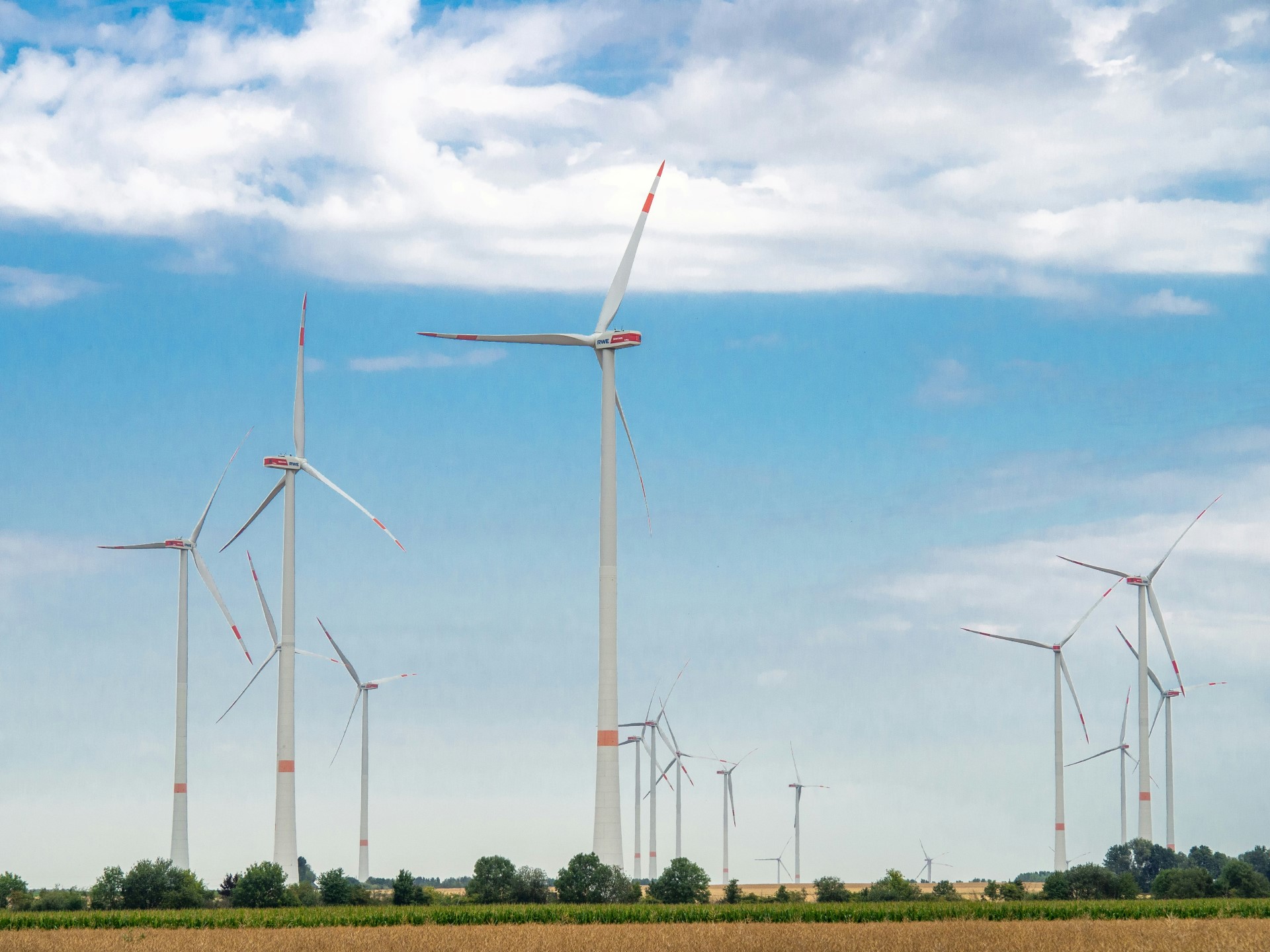Energy Commons are an Alternative to Market-Driven Solutions
A pathway to just and sustainable energy transitions.
Headlines in news outlets often herald progress toward global climate targets, painting a picture of optimism. But beneath these claims lies a stark reality: We are far from meeting the goals necessary to stave off catastrophic climate impacts.
According to the International Energy Agency, reaching net-zero emissions by 2050 requires close to $1 trillion annually in renewable electricity investments. Yet, recent investments amount to only half that figure. Meanwhile, fossil fuels still dominate the global energy landscape, constituting 82% of energy consumption—a persistent grip that threatens the future of our planet.
The concept of energy commons offers a transformative alternative by emphasizing a community-driven approach that democratizes and decentralizes energy governance.
Our 2024 open-access study, co-authored with Robert Wade and Matthew Burke, critically examines why market-driven solutions fail to deliver on the promise of a sustainable future. Published in Energy Research and Social Science, the study highlights that while renewables are vital, they are insufficient without a systemic shift. The concept of energy commons offers a transformative alternative by emphasizing a community-driven approach that democratizes and decentralizes energy governance.
Why energy commons matter beyond market and state
Traditional market-based and state-led energy models have clear limitations. Market solutions often prioritize profitability, leading to selective investment in renewables only when they meet short-term economic goals.
These community-based structures prioritize collective benefit and local governance, allowing communities to co-create and manage energy resources.
State-led models, though able to enforce rapid changes, risk being captured by existing power structures, often focusing on centralized control rather than empowering local communities.
In contrast, energy commons represent a third pathway. These community-based structures prioritize collective benefit and local governance, allowing communities to co-create and manage energy resources. Such an approach fosters a direct relationship between communities and their energy needs, aligning sustainable practices with social equity goals.

Yet, while energy commons open new possibilities and narratives for energy governance, we must avoid idealizing them; they are no panacea. Identifying and addressing key challenges is crucial if energy commons are to become a viable alternative within the broader energy landscape. In our review of 85 studies, we identified five key paradoxes that reveal both the challenges and transformative potential of energy commons.
Navigating the five paradoxes in energy commons
- Inclusivity vs. exclusivity: While energy commons aim for inclusivity, the very mechanisms required to establish and maintain them—such as defining clear boundaries for participation, enforcing reciprocity, and managing resources collectively—can unintentionally exclude certain groups. Those who lack financial resources, technical expertise, or social connections may find themselves left out, leading to inequalities within the commons themselves. The pathway forward involves building adaptable communities that continually reassess inclusion through open practices rather than rigid membership categories.
- Western focus vs. the pluriverse: Although energy commons research often claims to embrace diverse perspectives, much of it remains concentrated in Western contexts, especially in Europe and, to some extent, the U.S., where energy communities and cooperative movements are most active. This Western-centric lens can limit the applicability of findings globally, overlooking non-Western and Indigenous governance models that offer distinct approaches to energy ‘commoning’. Embracing a pluriverse approach is essential, incorporating a broader range of worldviews and practices that enrich energy governance beyond Western-centric frameworks.
- Decentralization vs. coordinated governance: Energy commons frequently focus on empowering local actors through decentralized governance, allowing communities to take charge of their own energy needs. However, the broader, systemic issues in energy—such as resource scarcity, climate impacts, and cross-border infrastructure—require coordination across multiple scales. Without integration, local efforts risk becoming fragmented or even contradictory to broader goals. To address this, polycentric governance models can link local initiatives with regional, national, and even transnational networks, enabling energy commons to scale and adapt while maintaining local autonomy.
- Focus on generation and distribution vs. whole value chain: Much of the focus in energy commons is on the production, distribution, and use of renewable energy, often within localized settings. This emphasis, however, can overlook critical upstream and downstream aspects, such as the extraction of materials for renewable infrastructure and end-of-life waste management. These stages have environmental and social impacts that need addressing for energy commons to be truly sustainable. A whole-value-chain perspective would allow energy commons to integrate a life-cycle approach, ensuring sustainability from resource extraction to disposal.
- Alternative to capitalism vs. risk of co-optation: Energy commons are often envisioned as an alternative to profit-driven models, promoting collective ownership and use. However, they remain vulnerable to co-optation by capitalist interests, particularly when relying on market-based mechanisms for financing or profitability. A whole-value-chain perspective would allow energy commons to integrate a life-cycle approach, ensuring sustainability from resource extraction to disposal. This tension can dilute the transformative potential of energy commons, aligning them more closely with existing market norms. To safeguard against this, commons should focus on building resilient, autonomous networks and embrace prefigurative politics—practices that embody the changes they seek to achieve—ensuring energy commons remain spaces for genuine ‘commoning’.
Pathways toward a just energy transition
By addressing these paradoxes, energy commons can pave the way for energy transitions rooted in equity, resilience, and sustainability. Energy commons challenge the status quo, pushing the boundaries of what an inclusive, low-carbon future could look like.
A whole-value-chain perspective would allow energy commons to integrate a life-cycle approach, ensuring sustainability from resource extraction to disposal.
The next step is bold action: embracing these pathways to reimagine energy as a shared resource, managed collectively, for the benefit of both present and future generations.